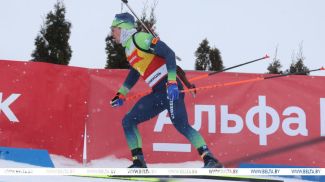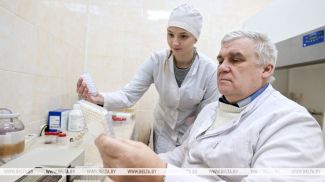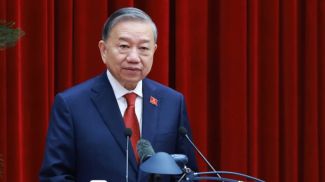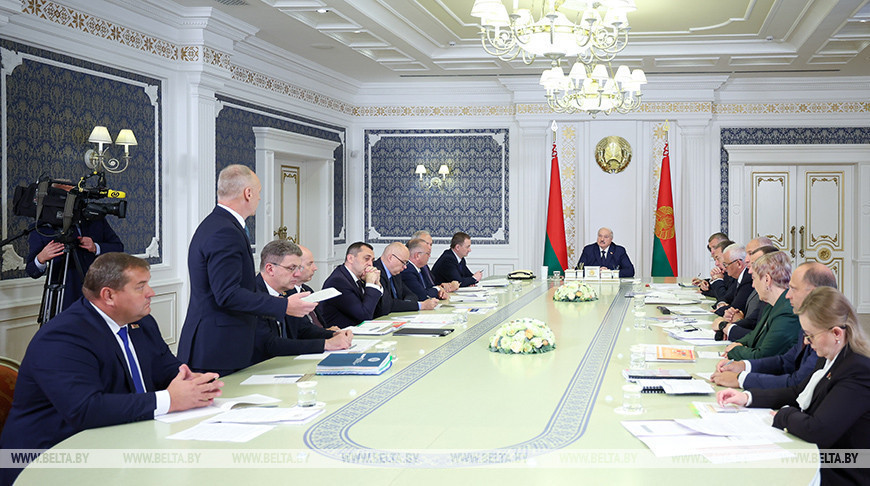
MINSK, 26 August (BelTA) – By 1 January, an efficient retail service system must be established throughout country, particularly in rural areas, Belarusian President Aleksandr Lukashenko said during a meeting to discuss the efficiency of the national retail system on 26 August, BelTA has learned.
“Trade must be organized in a systematic way. Belarus adopts a systemic approach,” the head of state stressed.
According to the president, Belarus consists of regions (oblasts and the city of Minsk), districts, over 1,400 agro‑towns, and large villages, which are mostly located along major roads. There are still smaller hamlets deemed “unpromising”, which are home to 7-10 residents, mainly elderly people who once built the country, the Belarusian leader noted.
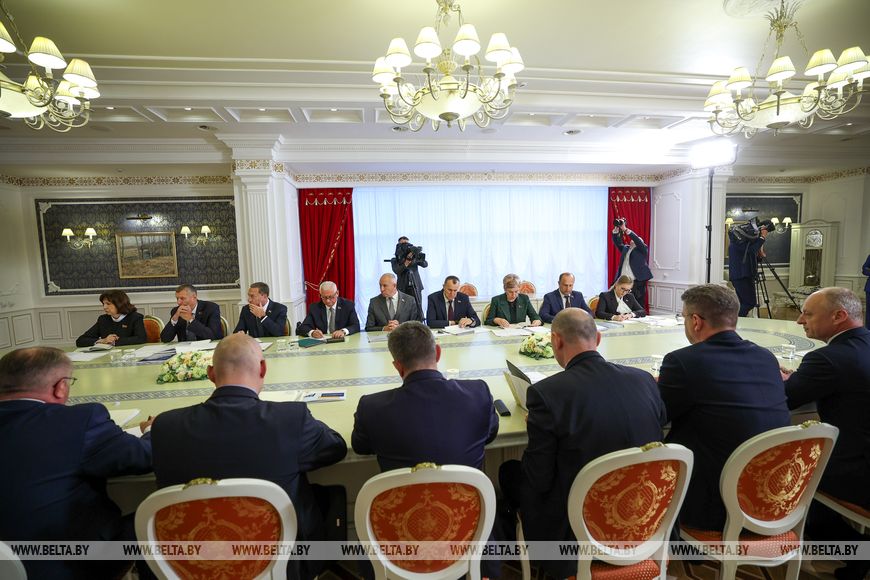
“Based on this, you must develop a system to serve people. The deadline is 1 January,” he instructed. “God forbid that any aides or authorized officials should see a single village where elderly people have not received what they have worked for all their lives.”
Aleksandr Lukashenko noted that there are some good examples of how this work is organized in the country. “Adopt this approach across the entire country. It does not require a large investment. Use any available resources,” the president ordered. “Let’s review how people live in the country and how they should live. Let’s start with Grodno Oblast. We have a general there who is able to put things in order [referring to Grodno Oblast Governor Yuri Karayev].”
He pointed out that, in general, not much is needed. What matters is ensuring variety in the range of goods. “Prices are also crucial [they need to be fair and affordable],” the head of state said.
At the meeting, Antimonopoly Regulation and Trade Minister Artur Karpovich reported on Belarus’ public service system. According to him, in H1 2025, trade was the second largest contributor to the country's total GDP, accounting for 9.6%. The target for retail trade was met, with an increase of 8.6% (compared to a planned increase of 4.5%). As of 1 January 2025, Belarus had almost 86,000 retail outlets, and their number increases by an average of 1.5% annually.
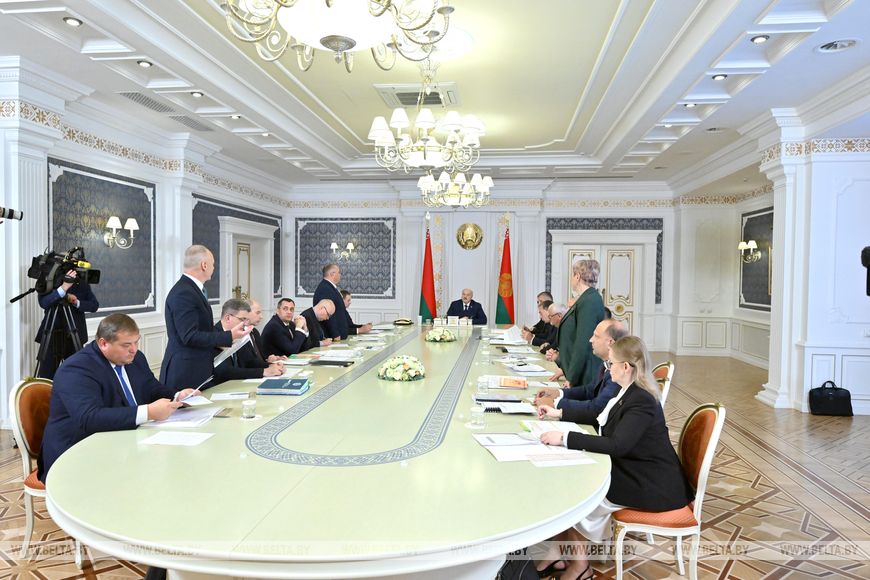
However, Aleksandr Lukashenko placed particular emphasis on retail facilities in rural areas. The minister noted that the situation there is different: over the past five years their number has declined by about 1.5%. At the same time, there has been a shift toward e‑commerce. “E‑commerce is developing actively not only in cities but also in rural areas. Pickup points are opening there. Belpochta, Belkoopsoyuz, Wildberries, Ozon and all our domestic online stores actively use them for deliveries,” Artur Karpovich said.
The president emphasized the importance of taking into account the interests of older generations as they are not always able to use these new technologies, which can be difficult for them. He remarked that it can be hard to imagine how an older person might use online marketplaces to order all the necessary goods.
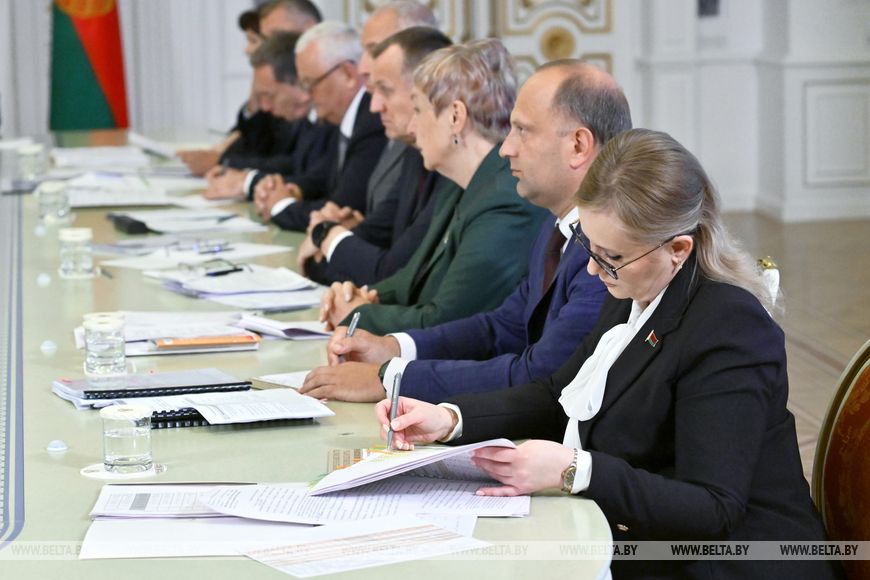
Adding more details to the discussion, Chairwoman of the National Statistical Committee (Belstat) Inna Medvedeva reported that the number of shops in rural areas is declining by 100-250 every year. The share of rural retail trade has dropped from 20% in the past to 13.4% currently (last year it was 14%). “So every year the rural trade share continues to decrease. This shows that today the provision of retail facilities [in rural areas] is insufficient. The figures demonstrate that,” she said.
Artur Karpovich acknowledged the problem, but said that overall the country’s established social standards for providing people with retail facilities are being met. As for rural areas, there are only 26 villages where this is not the case. In most of these villages, location is a factor, as there is another settlement within 100-200 meters with a sufficient number of shops where residents can go. "Local authorities are aware of and monitor these issues," the minister assured.
He also stressed that particular attention is paid to quality control of goods. This task is carried out jointly with members of parliament, trade unions, and local authorities. According to the minister, some social media videos with public complaints do not actually reflect the real situation. He said that in some cases, they are created solely for publicity and to attract more followers.
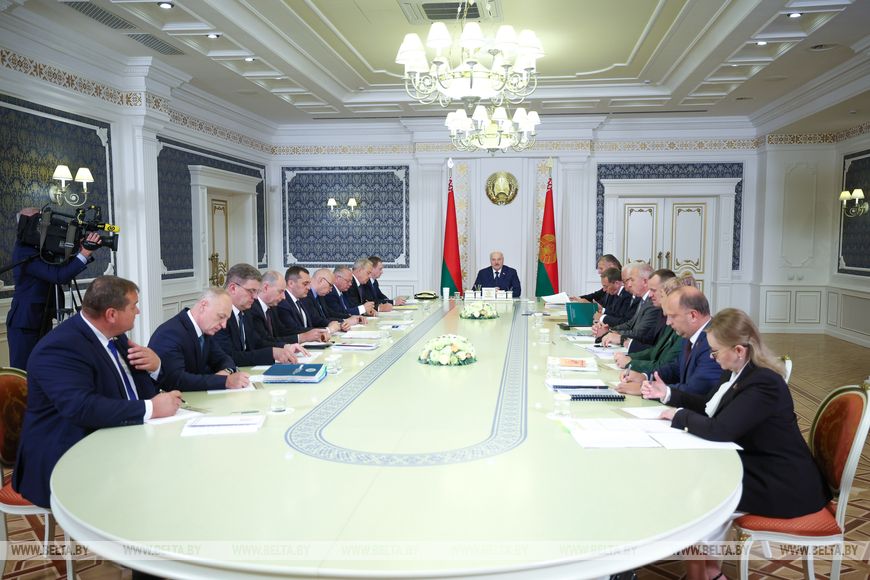
“I understand all these things. These days people post on TikTok that, for example, there are rats in some shops. But what does the president have to do with it? This is a problem that needs to be addressed by local authorities and those responsible for garbage collection. If they did their job properly, there would be no rats in the first place. So yes, I understand that,” Aleksandr Lukashenko responded.
The head of state also inquired about the broader problems in trade. He was told that the main one is the declining share of domestically produced goods in retail trade. The causes and possible solutions were also examined in detail at the meeting.





